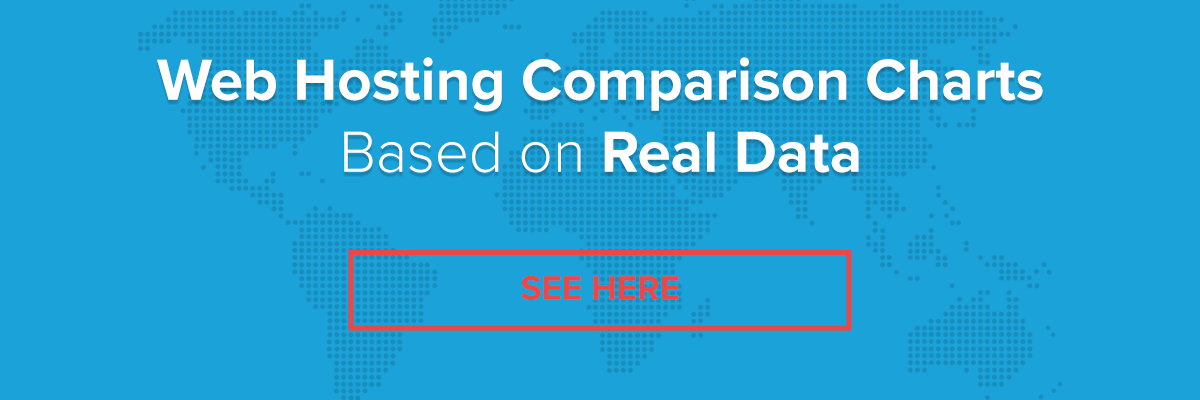
But nearly every super-heated discussion (whether in the web design community or elsewhere) has a common denominator: Two opposing sides with valid points of view. It’s unfortunate that sometimes these discussions turn a bit ugly and the actual pros and cons being discussed can go somewhat unnoticed and often forgotten.
I believe those of us who choose not to get directly involved in these discussions should get involved in another way: By reading the content of the original post carefully, and reading the responses. Of course, in some cases, the responses can be downright rude, obscene, and pointless. If you can skim past all that and see the real arguments behind what’s being said, you’ll become a better developer.
What Motivates Such Strong Opinions?
The views people hold are a result of their experiences, their skills, their specialized training, their independent research–all of which might cover a period of many years.
I believe we have the ability (and possibly even the obligation) to step outside our own biases and try to understand both sides first before we rashly take a side in any debate. And let’s not forget that sometimes these kinds of discussions can be downright entertaining and are usually good for the blogging business.
“dude that marketing tip of engaging users by giving strong opinions is really working”
All that having been said, below I’ve listed some articles that incited some fairly heated conversations in the comments. A lot of good points were made by both sides in each case, so I think they are worth checking out if you never got a chance to do so before.
- Web Designers Who Can’t Code by Elliot Jay Stocks (390+ comments)
- A Real Web Design Application by Jason Santa Maria (280+ comments)
- “Design by” footer links… by Joost de Valk (180+ comments)
- The Principles Of Cross-Browser CSS Coding by some know-it-all (240+ comments)
- 960 Grid System is Getting Old by Nick La (190+ comments)
- ‘UX Professional’ isn’t a Real Job by Ryan Carson (210+ comments)
- Dude, you browse with JavaScript on? by Chris Coyier (195+ comments)
There are others I’m sure, so if you can remember one, throw a link into the comments. Of course, not all these articles caused ‘flame wars’–but there were some pretty heated exchanges in at least a few.
What Do You Think?
Can heated debates help the community? Can they be improved to avoid personal attacks and other nonsense? Does it seem to you that people are much more likely to be rude, arrogant, and obnoxious online compared to how they might act in person?



I belong to a forum that has nothing to do with web design. There was a post by the forum owner linking to a recent article on Google changing their algorithm. I chimed in with a link to a small article I had written. Apparently there is a forum member that markets SEO to other members. He felt I was stepping on his toes I suppose.
While our exchanges didn’t get very “heated”, their was obvious tension there. He had commented in other posts, trying to question my knowledge on other subjects. I am not one for personal attacks that you so often see on forums and apparently this guy shares this characteristic with me. We have since (via PMs on the forum) came to an agreement and now “work together”.
I think some arguments definitely benefit the community.
Such debates are fine as long as they stay within the bounds of the rational and the (relatively) respectful. I shied away from Opera for years in part because of a very few shrill, vituperative Opera users who attacked anyone who talked about their preferences for other browsers. Stupid move on my part; since giving it a whirl a couple of years ago, I’ve made it my primary browser. However, that doesn’t mean someone else’s preference for Chrome, FF, or even IE makes them “stupid” or less than professional. Shades of the “Windows vs Mac” wars. And from what I’m reading, the current brushfire is Android vs. iOS. Grrrr.
Don’t know really about if it helps communities or not, but it definitely shoots the websites up in rankings through increased number of links and hence the pageview counts increase too.